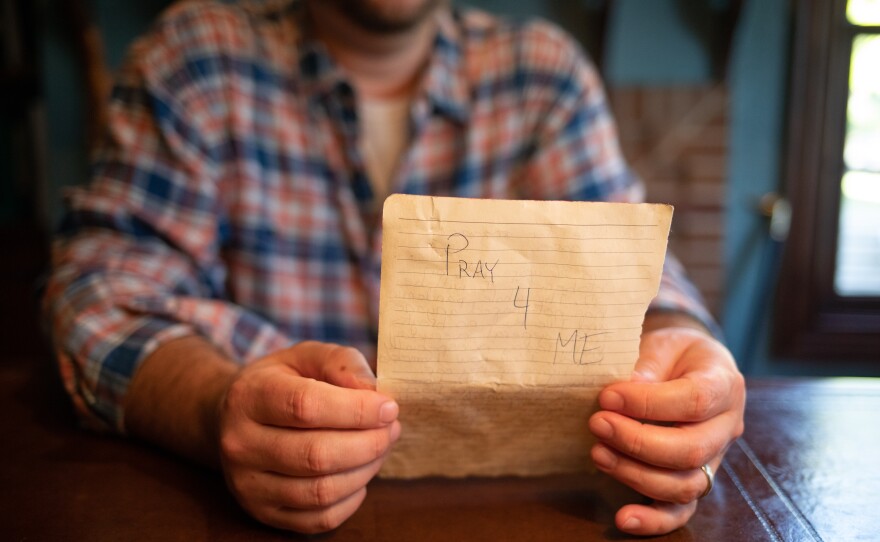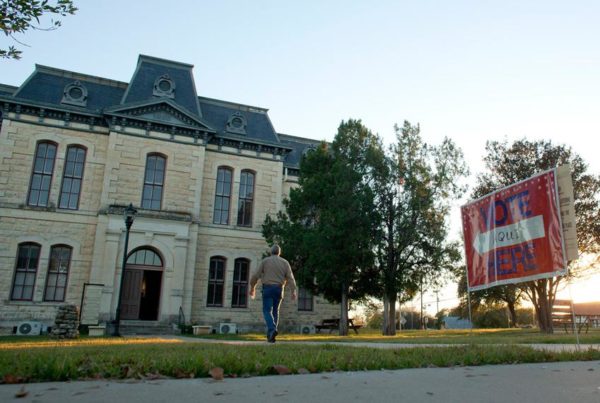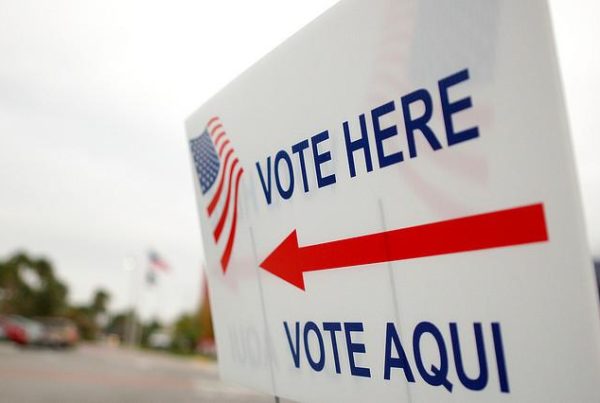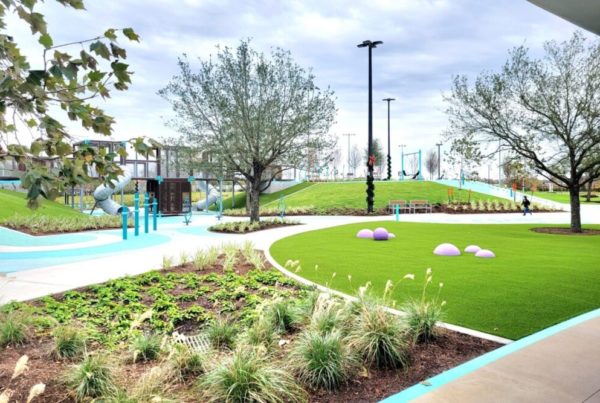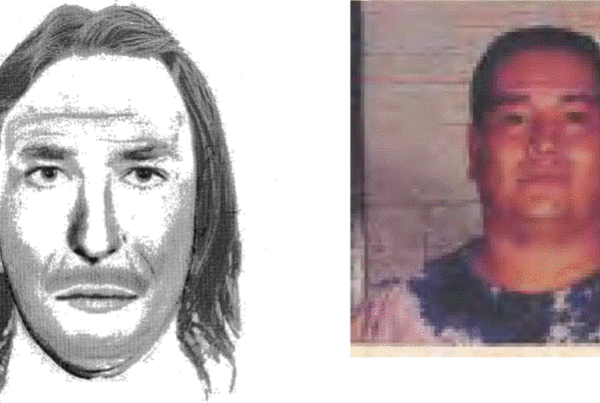From KERA:
A note to readers: this story discusses suicide.
If you or someone you know may be considering suicide, contact the National Suicide Prevention Lifeline at 1-800-273-8255 (En Español: 1-888-628-9454; Deaf and Hard of Hearing: 1-800-799-4889) or the Crisis Text Line by texting HOME to 741741.
Psychologists say social isolation and loneliness were prevalent prior to COVID-19, and now the pandemic is exacerbating an already serious problem. A Harvard University study found more than a third of all Americans experienced severe loneliness during the pandemic. Of these respondents, 61% were 18 to 25 years old.
Loneliness: a threat to health and well-being
Attorney Christian Kelso was in the front office at his home in Dallas when his wife rushed in with a note in her hand. She’d found it on their front lawn.
“Clearly, it’s a suicide note,” Kelso said as he held up the handwritten letter.
Kelso posted the note on social media in hopes of finding the person who wrote it. Hundreds of people shared and responded.
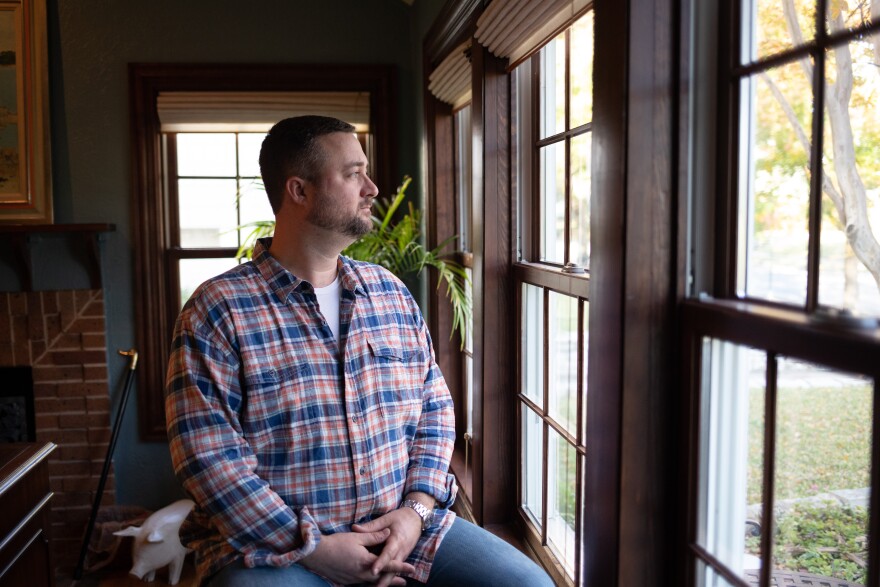
Christian Kelso thinks his desire to reach out and help a stranger who may have been considering self-harm stems from the recent loss of a friend, who died by suicide.
His need to help a stranger may have had something to do with the recent suicide of a close friend who left behind a wife and young child, Kelso said.
“He was a very social guy. The isolation of the pandemic hit him really, really hard,” he said.
A day and half after finding the note, Kelso heard from the person who wrote it through Facebook. Kelso offered to connect the person to a mental health professional and job resources.
“Sometimes all you need is, you know, to know that somebody cares,” Kelso said.
While most of us understand loneliness and suicide are closely related, loneliness can also cause physical health problems like heart disease or stroke.
“I would imagine that we’re going to be seeing a variety of increases in multiple chronic kinds of illnesses,” said Dr. Julianne Holt Lunstad, professor of psychology and neuroscience at Brigham Young University. She’s been studying the long-term health effects of loneliness for two decades.
In a pre-pandemic study, Holt Lunstad looked at data from more than 3 million people worldwide and found that those who were lonely had at 26% higher risk of premature death. Even more startling, Holt Lunstad said, is studies show younger adults are most affected.
“You hear people talk about being lonely in a crowd or at a party,” Holt Lunstad explained. “It’s really important for us not to make assumptions about people because it really can affect anyone.”
Loneliness after loss
Mental health experts say a strong network of support is key to helping people struggling with loneliness, especially after the loss of a loved one. A recent study found that for each COVID-19 death in the United States, nine people lost a grandparent, parent, sibling, spouse or child. That means millions of Americans are dealing with grief, and many are struggling with being alone for the first time.
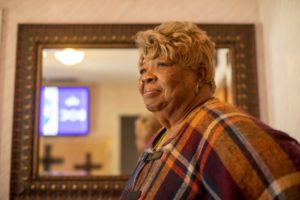
Charlotte Crawford lost her husband and two adult children to COVID-19. They died within weeks of each other.
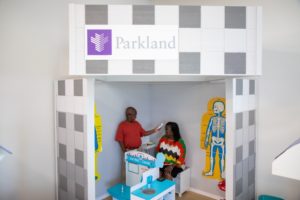
Raquel Green and her son Jeremiah play at “Annie’s Place,” a free, on-site daycare at Parkland Hospital that was created so patients with kids could make their appointments. Keren Carrión / KERA news
Earlier this year, Charlotte Crawford lost her husband of 40 years and two adult children to COVID-19.
“At my son’s wake, my husband died. The morning of my husband’s funeral, my daughter died,” Crawford said. “So, I did three funerals in three weeks.”
On the February night her son died, Crawford was alone in her home. The winter storm had left her without power. She reached out to her pastor, ML Dorsey at True Believers of Christ Community Church in Balch Springs.
“What grabbed me was she said ‘I’m sitting here in the dark with the phone as a light and no one is here but me,’” Dorsey said.
He drove 12 miles on the icy roads to be with her. Several months later, he’s still making sure Crawford doesn’t feel lonely. He set up a care ministry at his church a few years ago. Two members of the church check on Crawford multiple times a week.
Healthcare professionals say loss and loneliness can quickly spiral into depression, and take a toll on physical health too.
“We know that our emotions are linked to our heart health,” Dr. Ann Navar said. She specializes in preventive cardiology at Parkland Hospital in Dallas. She said when people experience trauma, their heart just stops working the way it’s supposed to.
“There’s even a syndrome called Takotsubo Cardiomyopathy or broken heart syndrome,” says Navar.
A study in the Journal of Public Health showed that a person’s risk of death is 66% higher within the first 90 days of losing a spouse. Navar said that’s why it’s important for physicians to screen for loneliness and depression.
“Who do they have in their life to help them take their medications, get to appointments, and support them during challenging times?” Navar asked.
Crawford says her heart is broken, but her family, friends and church are keeping her alive.
“It’s weird, but I know, it’s okay. I know I am not alone,” she said.
The crushing loneliness of single parenting without support
A strong support system can have a positive effect on your mental health, which is especially true for women. But, as COVID-19 spread, researchers say support systems became difficult to maintain, particularly for single parents. Their already fragile safety nets were disappearing, leaving them to care for their children alone which can be an isolating experience.


